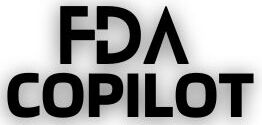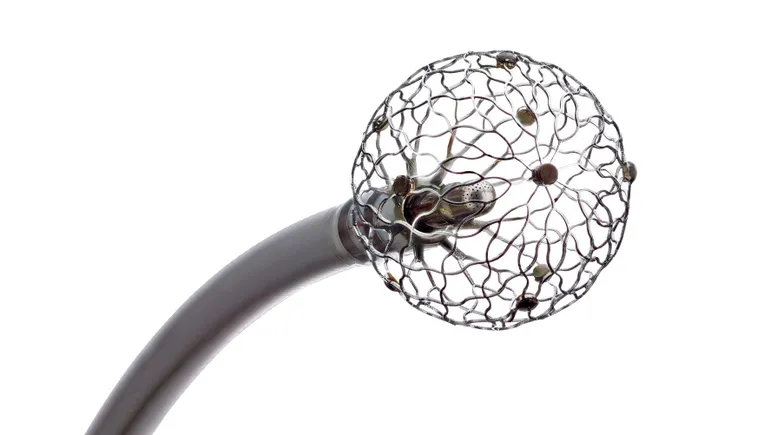Medtronic has recently secured approval from the Food and Drug Administration (FDA) to conduct an early feasibility trial for its advanced Affera mapping and ablation system combined with the Sphere-9 catheter. This trial is aimed at treating patients with sustained ventricular tachycardia (VT), a serious condition where the heart’s lower chambers beat unusually fast due to scarring caused by a prior heart attack.
Ventricular tachycardia can be a life-threatening issue often occurring after a heart attack or in association with other heart diseases, such as heart failure. To manage VT, treatment options typically include medication or the implantation of a defibrillator which helps in pacing the heart or delivering shocks to stabilize the heartbeat. Medtronic’s new technology seeks to heighten the effectiveness of existing catheter ablation treatments, which are also employed to correct the heart’s rhythm.
The Affera system combined with the Sphere-9 catheter introduces a novel approach by integrating two types of ablation technologies: pulsed field ablation (PFA) and radiofrequency (RF) ablation. This dual-energy strategy is further enhanced by high-density mapping, aiming to deliver a more efficient and innovative procedure in cardiac electrophysiology ablation treatments.
The importance of this study hinges on its potential to advance the field of treatment for ventricular tachycardia by making procedures more streamlined and effective. Conventional treatments mainly utilize RF energy and typically require the use of multiple catheters for mapping and ablation, which can lead to lengthy and complex procedures. Dr. Khaldoun Tarakji, the chief medical officer for Medtronic’s cardiac ablation solutions business, highlighted that the combination of PFA technology and the versatile design of the Sphere-9 could greatly improve patient care.
The primary focus points of the Medtronic early feasibility study are to monitor the rate of serious adverse events directly related to the device or the procedure, as well as the immediate effectiveness of the device in ablating the targeted VT. The involved patients will be under observation for a period of six months following the procedure to adequately assess the outcomes and safety of the treatment.
The development of better tools to safely and efficiently treat ventricular tachycardia has been underscored by medical experts, including Dr. Vivek Reddy, director of cardiac arrhythmia services at Mount Sinai Health System in New York City. He expressed support for the ongoing research and hoped that it would lead to the introduction of newer, more efficient treatment options for VT.
In addition to the developments concerning VT, the Sphere-9 catheter has also been marked with Europe’s CE certification earlier this year, specifically for the treatment of persistent atrial fibrillation (AFib) — another type of abnormal heart rhythm where the heart’s chambers beat out of synchronization. Highlighting Medtronic’s commitment to combating various forms of heart rhythm issues, the company has also filed for FDA approval in the U.S. to extend the usage of the Sphere-9 for treating patients suffering from AFib, as mentioned by CEO Geoff Martha during the company’s earnings call in August.
This ongoing research and development effort by Medtronic represents a significant step in enhancing the technological approaches as well as the procedural efficiency in treating complex cardiac arrhythmias, potentially paving the way for improved patient outcomes in the realm of electrophysiology and cardiac ablations.
#Medtronic #evaluate #Affera #ventricular #tachycardia



